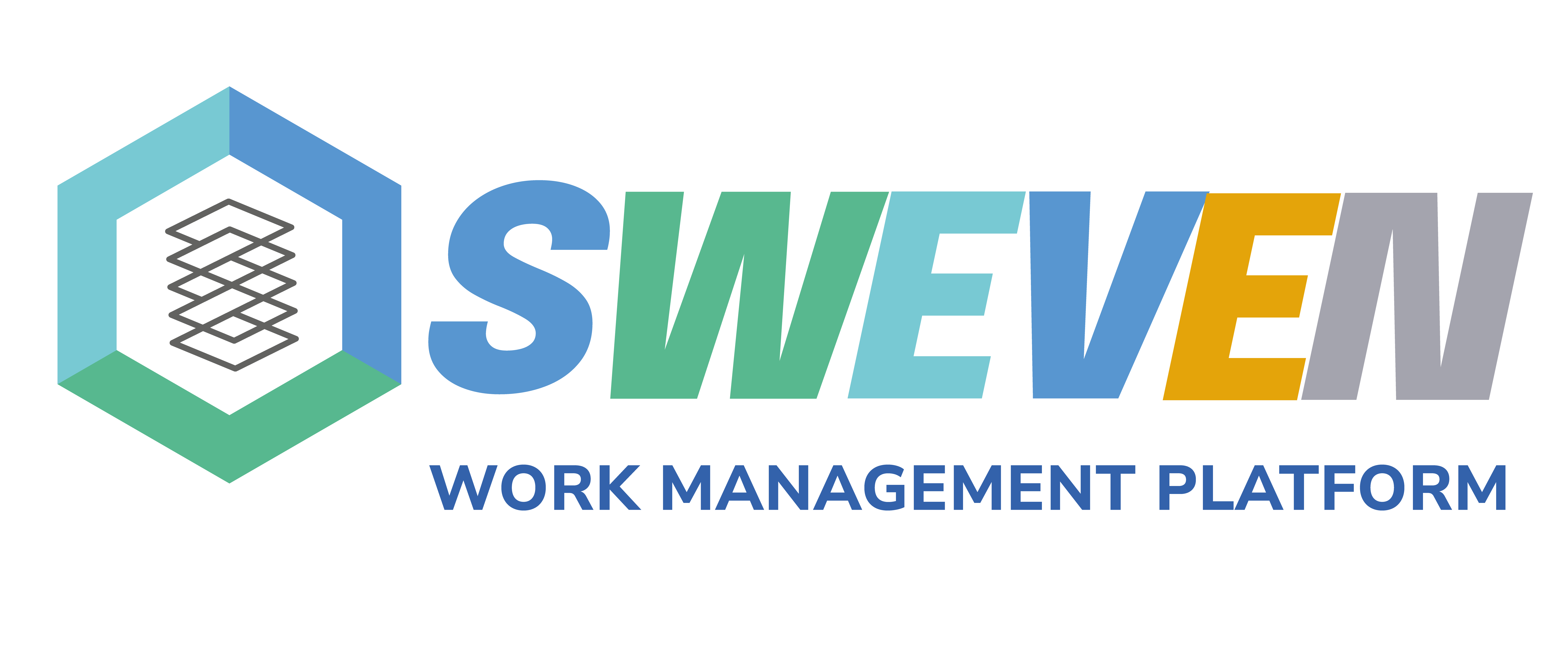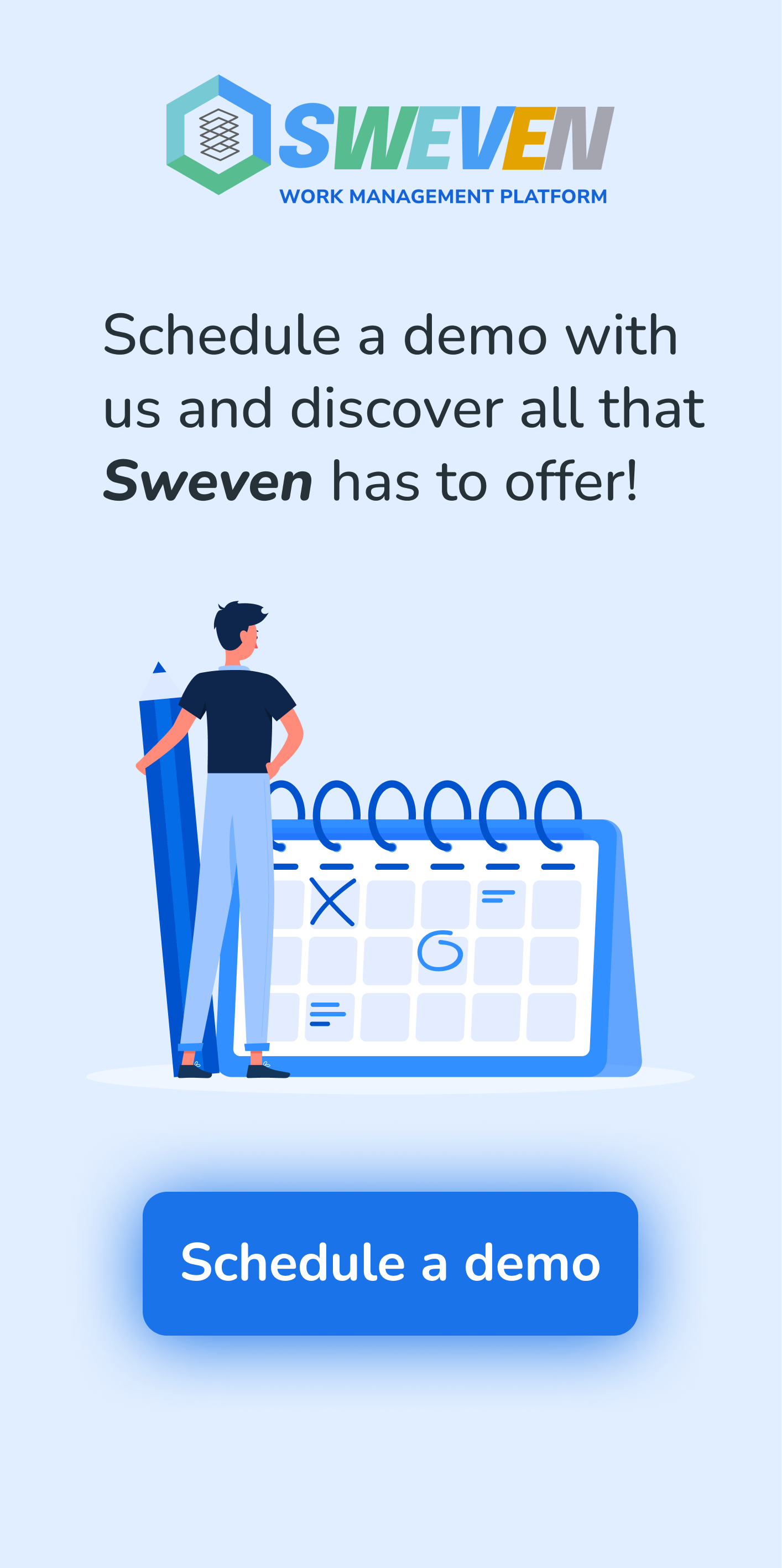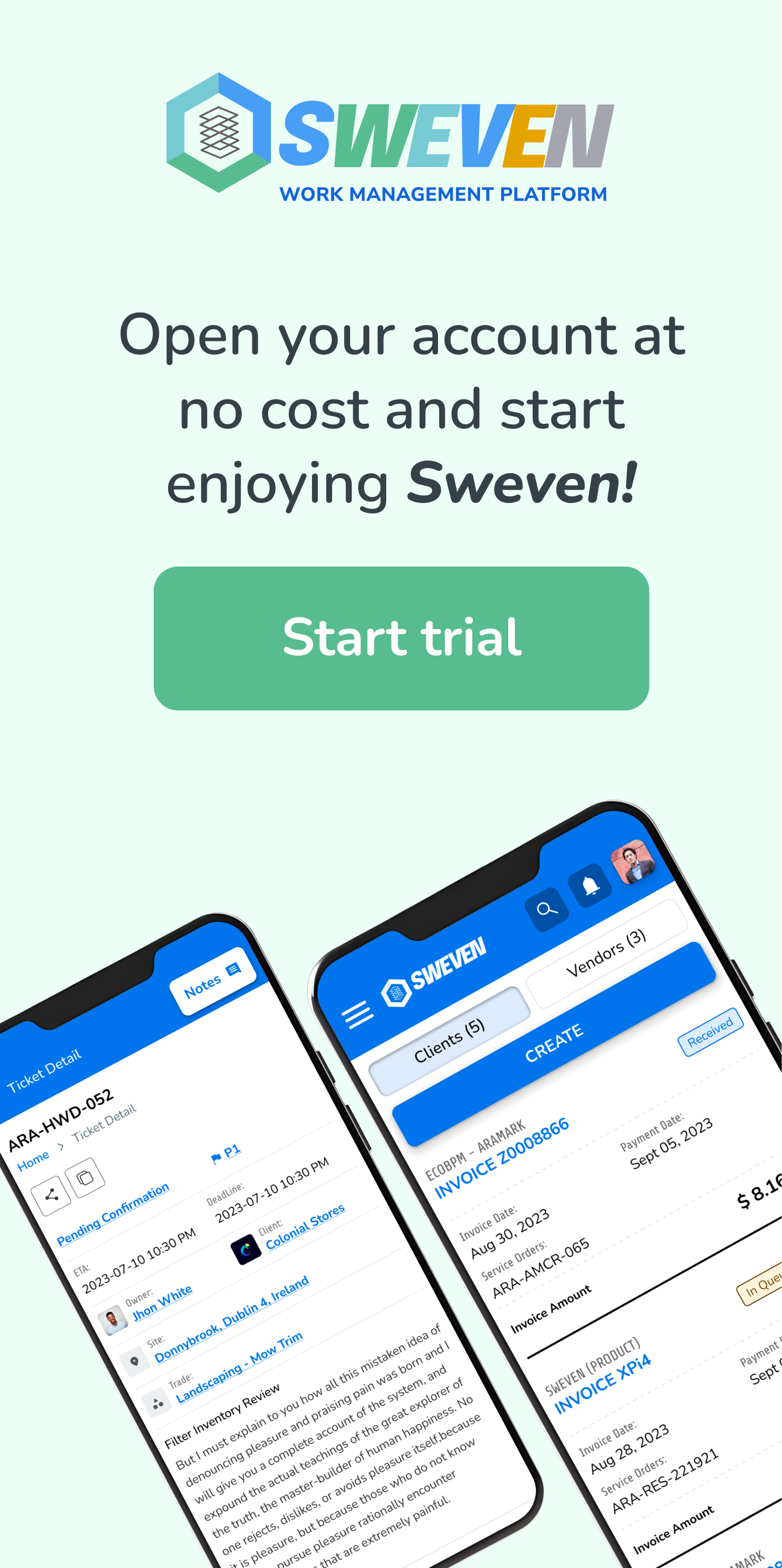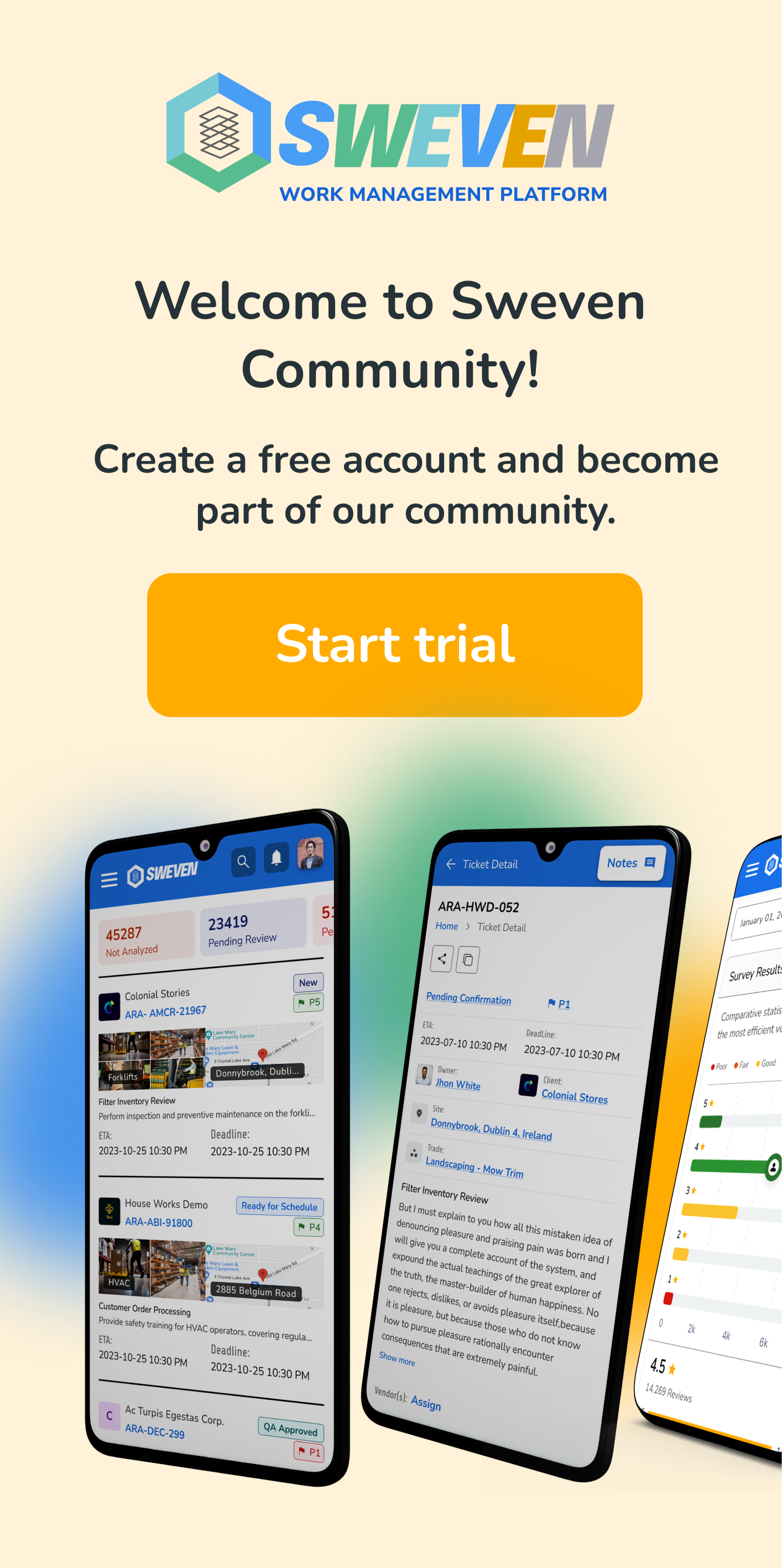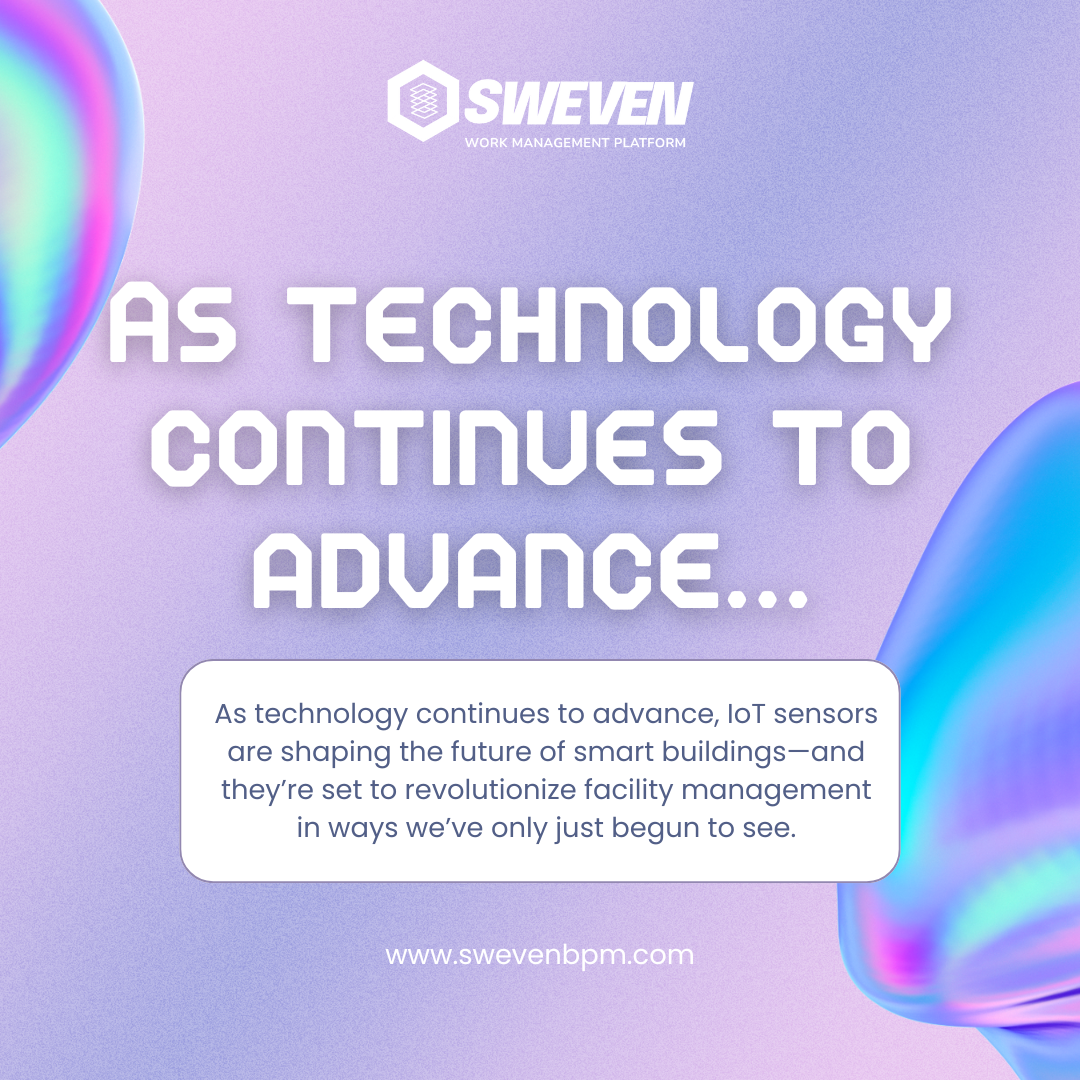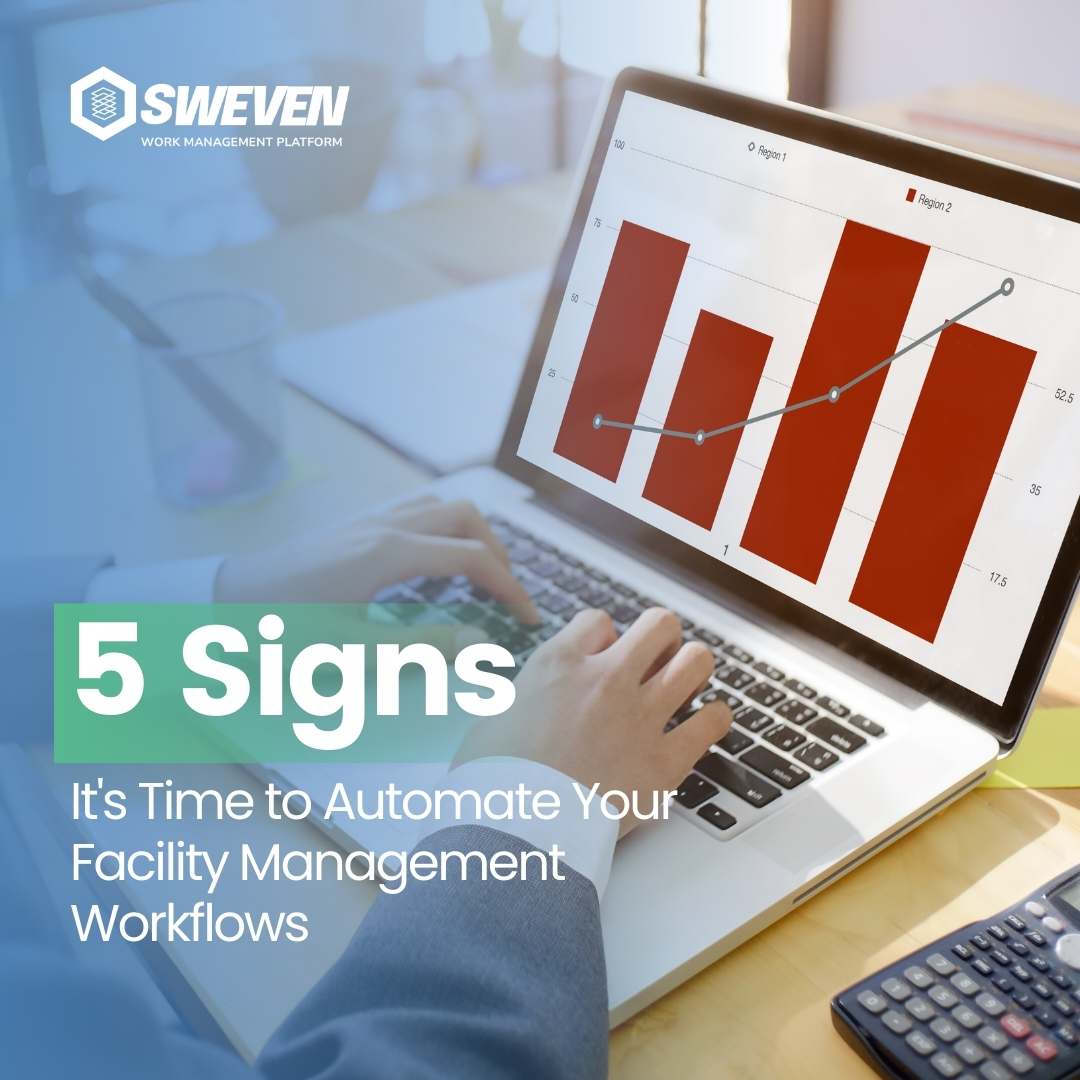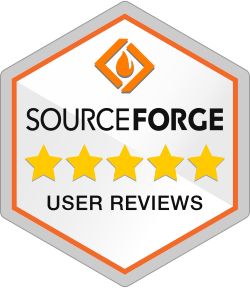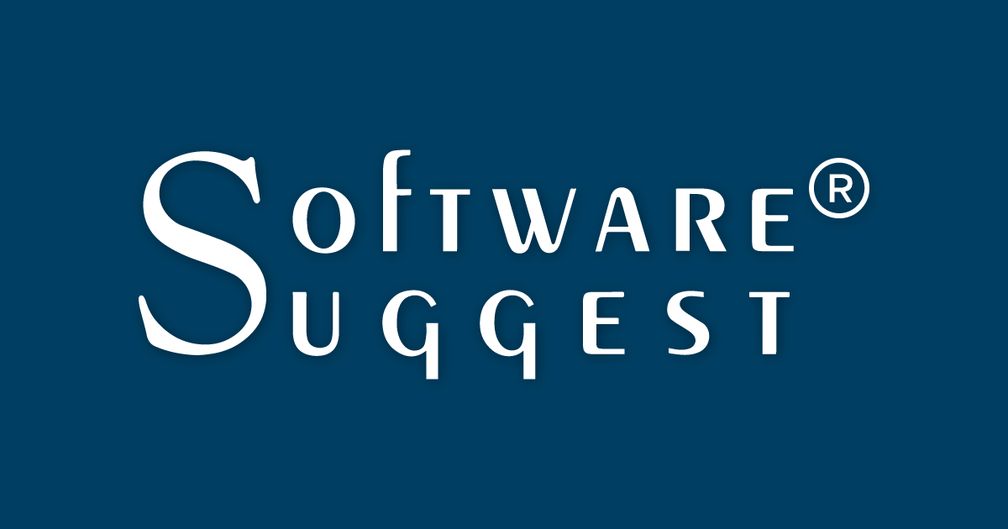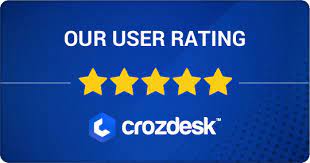Introduction:
In the dynamic landscape of business operations, maintaining a healthy cash flow is paramount for the success and sustainability of vendors. However, late payments or non-payment from customers can create significant challenges, leading to cash flow disruptions and impacting various aspects of the business. At Sweven, we understand the importance of efficient payment collection processes for our vendors. In this blog, we delve into the complexities of payment collection and explore strategies to overcome cash flow challenges, ensuring smooth operations and sustainable growth for vendors.

The Cash Flow Conundrum:
Late payments or non-payment from customers can have far-reaching consequences for vendors, including:
Cash Flow Disruptions: Delayed or missing payments can disrupt cash flow, making it difficult for vendors to meet their financial obligations, such as paying suppliers, covering operating expenses, or investing in growth initiatives.
Increased Financial Strain: Cash flow challenges can lead to increased financial strain, forcing vendors to rely on external financing options or dip into savings to bridge gaps, thereby compromising financial stability and limiting opportunities for expansion.
Resource Drain: Chasing payments can be a time-consuming and resource-intensive process, diverting valuable time and manpower away from core business activities such as sales, marketing, and product development.
Strategies for Streamlining Payment Collection:
Clear Payment Terms: Establish clear and concise payment terms upfront, including payment due dates, accepted payment methods, and consequences for late or non-payment. Communicate these terms to customers clearly to set expectations and minimize disputes.

Automated Invoicing: Implement automated invoicing systems to generate and send invoices promptly upon completion of goods or services. Automation can streamline the invoicing process, reduce errors, and ensure timely delivery of payment requests to customers.
Payment Reminders: Send automated payment reminders to customers as payment due dates approach to prompt timely payment. Personalize reminders based on customer preferences and payment history to increase effectiveness and encourage prompt action.
Flexible Payment Options: Offer customers flexible payment options, such as online payments, credit card payments, or installment plans, to accommodate their preferences and facilitate prompt payment. Make it easy for customers to pay invoices promptly to minimize delays.
Early Payment Incentives: Incentivize early payment by offering discounts or rewards to customers who settle invoices ahead of schedule. Early payment incentives can motivate customers to prioritize payments and improve cash flow for vendors.
Collections Policy: Develop a collections policy outlining procedures for addressing overdue accounts, including escalation processes, late fees, and potential consequences for non-payment. Enforce the policy consistently to encourage compliance and deter late payments.
Relationship Building: Cultivate strong relationships with customers based on trust, transparency, and open communication. Proactively engage with customers to address any issues or concerns they may have regarding payment and work collaboratively to find mutually beneficial solutions.

Conclusion:
Payment collection is a critical aspect of vendor operations, directly impacting cash flow, financial stability, and business growth. By implementing strategies such as clear payment terms, automated invoicing, payment reminders, and early payment incentives, vendors can streamline payment collection processes, minimize cash flow disruptions, and build stronger customer relationships. At Sweven, we are committed to supporting our vendors in overcoming cash flow challenges and achieving long-term success through efficient payment collection practices. With proactive planning, strategic execution, and a customer-centric approach, vendors can navigate the complexities of payment collection with confidence and resilience, driving sustainable growth and profitability for their businesses.
